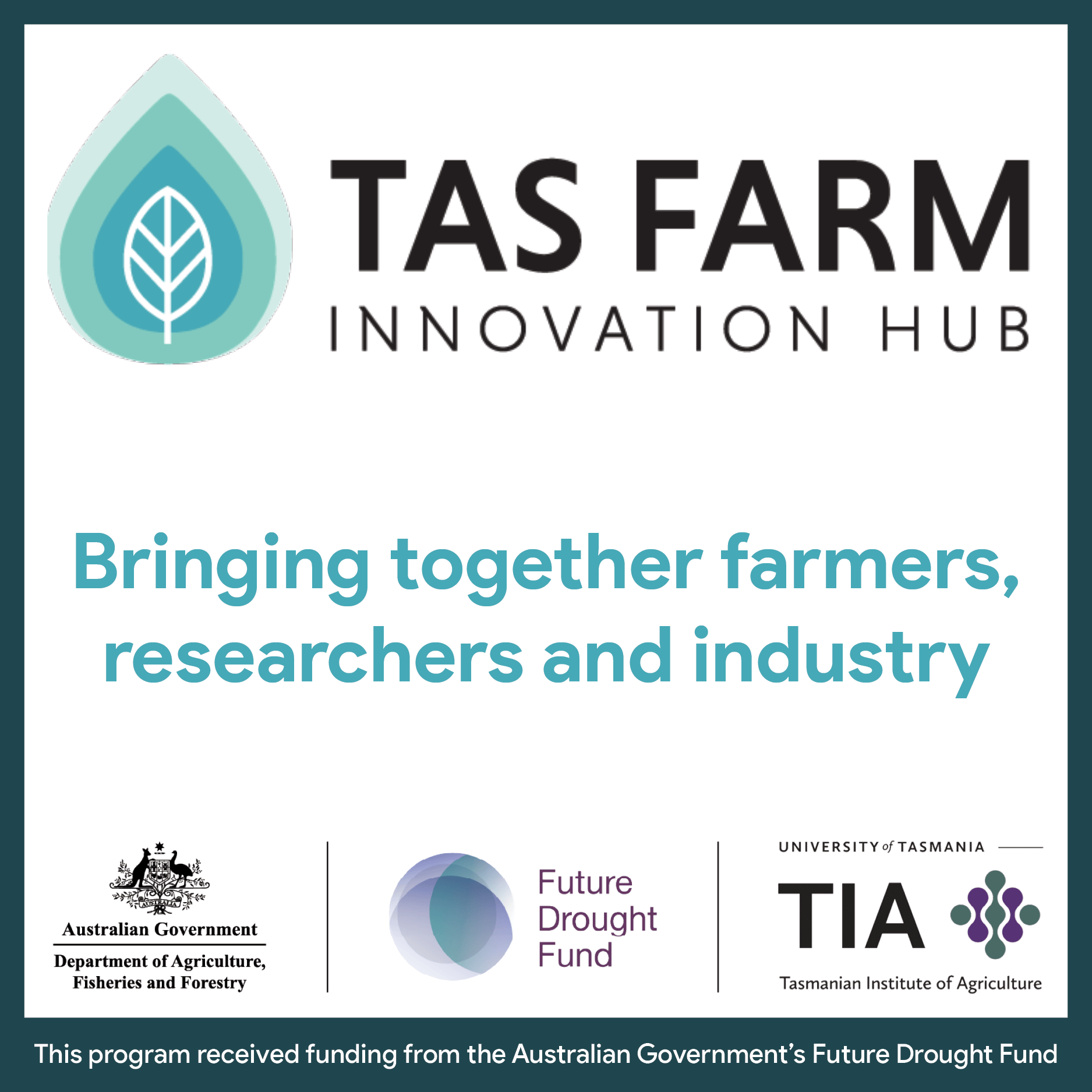Waste not want not is key to couple’s success
During the COVID-19 pandemic Rebecca and Rod Byfield decided to conduct an experiment.
“My parents had 86 acres up at Little Swanport that they were doing nothing with,” Rebecca said.
“It had previously been a little sheep farm but it hadn’t been farmed in a long time, was full of rocks and had no grass.”
The first thing they did was put pigs on the land.
“We used them to almost excavate the land,” Rebecca said.
“Then we got a few cows and went down the whole regenerative farming avenue, mainly out of necessity because of the land.”
The Byfields were living in the Hobart suburb of Oakdowns while working the land at Little Swanport.
“The main goal was just to make sure we had enough meat for us, Rebecca’s parents and our kids – who are all young adults – to provide all of them without having to worry about whether it was available or not,” Rod said.
After a year the pair decided to sell their suburban house and buy properties at Triabunna and Forcett.
“We brought some of the cows to Forcett first and then moved all the pigs,” Rod said.
“We were running between these three properties; it was becoming untenable to travel that far and try to maintain animals across that distance.”
They then sold the land at Triabunna, moved livestock from the Little Swanport property, and signed a lease to keep some of their cows at a 120-acre block near Dodges Ferry.
But the Byfields' goal for regenerative farming remained unchanged.
When they first started their farming journey, the pair used vegetable scraps from a commercial kitchen in Hobart and leftover whey from the Wicked Cheese Company for pig feed.
“Since we moved to Forcett three-and-a-half years ago and made it our home base, things have ramped up.
“With Wicked, we were only getting bits and scraps at the start.
“But we built that relationship with them and now we get about 500 litres of whey each week.”
The couple then signed an agreement with Sullivans Cove Distillery to take all of its waste byproduct.
Rebecca says that currently equates to 32,000 litres of pod ale and 12,000 litres of grain mash a week.
“We had to invest in a truck to be able to cart all of it because, all of a sudden, we were taking such a large volume.
“Over our first four years we estimate we took about four million kilos of food waste.
“This year alone we will hit almost three million.”
They now have so much byproduct that they share their excess with a number of farms in the area.
“We don’t charge them and we swallow the costs ourselves by collecting it,” Rebecca said.
“But to us, there is an environmental benefit to not having this stuff in landfills and there’s a benefit to the company as well because they reduce their costs.”
Rod says it would be $180 for Sullivans to dump the pot ale and $220 for the grain mash.
The Byfields also get bread from Cripps, walnuts from Coaldale, and grape scraps from Dr Island Winemaking and Pooley Wines.
Rebecca said they even had landscapers drop off lawn clippings for the livestock to graze at one point.
“That came out during the dry conditions last year when it was impossible to buy hay, so we had to think outside the box.”
The Byfields sell beef and pork directly to their customers from their Forcett property and have a stall at the Farm Gate Market each Sunday in Hobart under the business name Heritage Farms Tasmania.
“When we first started this we had no idea how to do it,” Rebecca said.
“We are too small-scale to do the normal thing of going to market and selling our cattle there.
“So I put my marketing cap on and figured out we need to go direct to the public.”
Heritage Farms Tasmania also hosts occasional school tours and has seven staff working across its Forcett and Little Swanport properties.
“Some people tell us we’re absolute idiots, but the proof is what we’ve done to the land over the last three or so years,” Rebecca said.
“Even last year during the drought, we had a vet come out and say our cows were in some of the best condition she had seen.
“We didn’t have to shoot cows like some other farmers did.
“We’ve been quite successful in doing what we do, even though we buck the trend of what other farmers would do.”
Rod said that when they first bought the property at Forcett, the ground was so hard that they could not use a shovel to dig it up.
“We would very rarely see bird life or anything sitting around here for long.
“Now we’ve got ducks that were born here or live in the dam and other birds. We’ve created a bit of diversity, not just in the ground but above.
“When we do farm tours people say it's so beautiful and peaceful here.
“If you can do that on a 20-acre farm, imagine what you could do with a 200-acre farm.”
Rebecca said she wanted to see more producers adopt the practices they use at Heritage Farms Tasmania.
“We are not even scraping the surface of what is available in terms of food waste here in Tasmania.
“We wouldn’t even be touching one per cent of what’s available and we’re taking three million kilos of food waste in a year for our property.
“Imagine if more farmers jumped on board.”




Add new comment
Comments
Wow. This is an amazing…
Wow. This is an amazing story from a family who are devoted Hunter Conservationists
Congratulations to them …. It shows how being close to the Land can be so beneficial for the Environment 👍👍👍